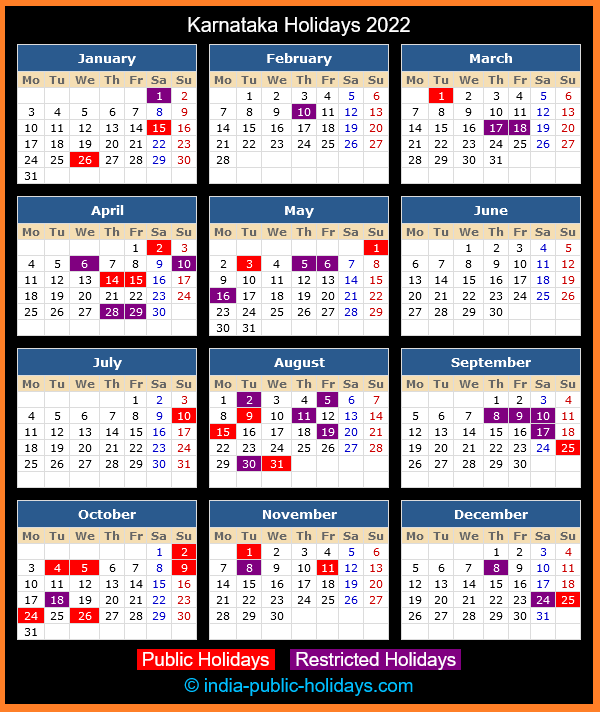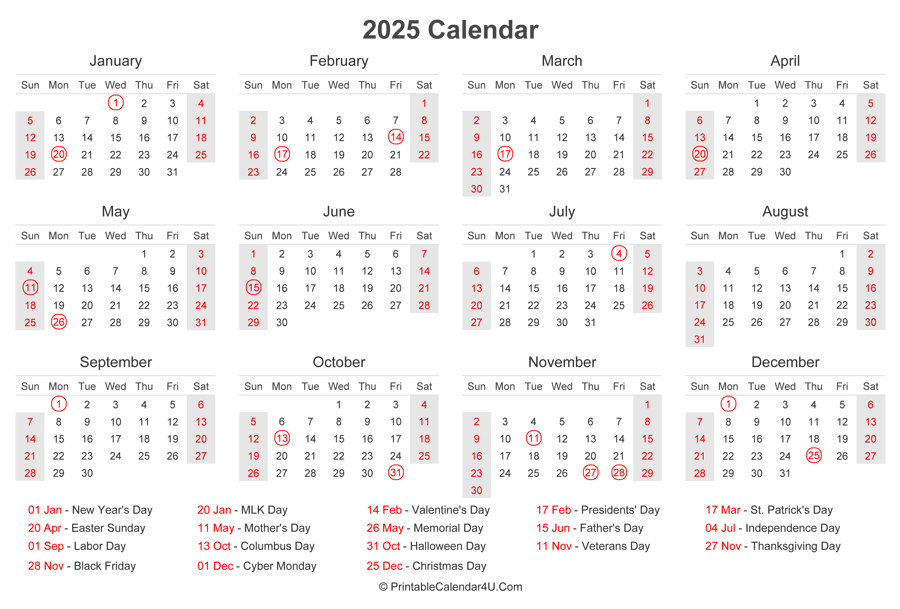Navigating The Indian Public Holiday Calendar For 2025: A Comprehensive Guide
Navigating the Indian Public Holiday Calendar for 2025: A Comprehensive Guide
Related Articles: Navigating the Indian Public Holiday Calendar for 2025: A Comprehensive Guide
Introduction
With great pleasure, we will explore the intriguing topic related to Navigating the Indian Public Holiday Calendar for 2025: A Comprehensive Guide. Let’s weave interesting information and offer fresh perspectives to the readers.
Table of Content
Navigating the Indian Public Holiday Calendar for 2025: A Comprehensive Guide

The Indian public holiday calendar is a complex tapestry woven from religious, historical, and cultural threads. Understanding these holidays is essential for individuals, businesses, and institutions alike. This guide provides a detailed overview of the anticipated public holidays in India for 2025, delving into their significance and offering practical insights for effective planning.
Understanding the Framework: A Foundation for Planning
India’s public holiday structure is governed by the The Negotiable Instruments Act, 1881 and the The Factories Act, 1948. These acts designate certain days as national holidays, observed by all government offices and institutions. Additionally, states may declare their own regional holidays, often tied to local festivals or historical events.
2025: A Glimpse into the Calendar
The following table presents a comprehensive list of anticipated public holidays in India for 2025, encompassing national holidays and significant state-specific observances. Please note that this is a provisional calendar, and specific dates may be subject to change based on official announcements.
| Date | Day | Holiday | Observance |
|---|---|---|---|
| January 1 | Wednesday | New Year’s Day | National Holiday |
| January 15 | Wednesday | Makar Sankranti | National Holiday (Observed in some states) |
| January 26 | Sunday | Republic Day | National Holiday |
| February 14 | Friday | Valentine’s Day | Not a Public Holiday (Observed by some) |
| February 18 | Tuesday | Mahashivratri | National Holiday (Observed in some states) |
| March 21 | Friday | Holi | National Holiday (Observed in some states) |
| March 29 | Saturday | Good Friday | National Holiday (Observed in some states) |
| April 1 | Tuesday | April Fool’s Day | Not a Public Holiday |
| April 14 | Monday | Mahavir Jayanti | National Holiday (Observed in some states) |
| April 17 | Thursday | Easter Sunday | National Holiday (Observed in some states) |
| May 1 | Thursday | May Day | National Holiday (Observed in some states) |
| May 5 | Monday | Buddha Purnima | National Holiday (Observed in some states) |
| August 15 | Friday | Independence Day | National Holiday |
| August 24 | Sunday | Raksha Bandhan | National Holiday (Observed in some states) |
| September 2 | Tuesday | Ganesh Chaturthi | National Holiday (Observed in some states) |
| October 2 | Thursday | Gandhi Jayanti | National Holiday |
| October 19 | Sunday | Dussehra | National Holiday (Observed in some states) |
| November 12 | Wednesday | Diwali | National Holiday (Observed in some states) |
| November 13 | Thursday | Govardhan Puja | National Holiday (Observed in some states) |
| November 14 | Friday | Bhai Dooj | National Holiday (Observed in some states) |
| December 25 | Thursday | Christmas Day | National Holiday |
Delving Deeper: Understanding the Significance
Each holiday carries cultural and historical weight, playing a vital role in shaping India’s diverse tapestry. Here’s a closer look at some of the most prominent holidays:
- Republic Day (January 26): Celebrates the adoption of India’s constitution, marking the birth of the Republic of India.
- Holi (March 21): A vibrant festival of colors symbolizing the triumph of good over evil and the arrival of spring.
- Independence Day (August 15): Commemorates India’s independence from British rule, a day of national pride and unity.
- Gandhi Jayanti (October 2): Pays tribute to Mahatma Gandhi, the Father of the Nation, for his unwavering commitment to non-violent resistance.
- Diwali (November 12): A festival of lights signifying the victory of good over evil, celebrated with lights, fireworks, and sweets.
Navigating the Calendar: Practical Tips for Success
Understanding the nuances of Indian public holidays is crucial for:
- Businesses: Planning for potential business closures, adjusting operations, and communicating effectively with clients.
- Travelers: Ensuring seamless travel experiences by factoring in potential holiday crowds and booking accommodations in advance.
- Individuals: Planning personal schedules, coordinating family gatherings, and enjoying the festive atmosphere.
FAQs: Addressing Common Queries
Q: Are all public holidays observed uniformly across India?
A: No. While national holidays are observed nationwide, some states have their own regional holidays, often tied to local festivals or historical events.
Q: How do I find out about specific state holidays?
A: The best way to obtain accurate information is to consult the official websites of the respective state governments.
Q: Are there any religious holidays that are not public holidays?
A: Yes, many religious holidays are not officially declared as public holidays, though they are widely celebrated by specific communities.
Q: Can public holidays be shifted or extended?
A: Yes, the government may sometimes shift or extend public holidays to avoid clashes with important events or to ensure smoother operations.
Conclusion: Embracing the Cultural Tapestry
The Indian public holiday calendar is a rich tapestry reflecting the country’s diverse cultural heritage and historical significance. Understanding these holidays, their significance, and their impact on daily life is essential for individuals, businesses, and institutions alike. By navigating this calendar effectively, we can ensure smooth operations, foster cultural understanding, and fully embrace the vibrant tapestry of Indian celebrations.







Closure
Thus, we hope this article has provided valuable insights into Navigating the Indian Public Holiday Calendar for 2025: A Comprehensive Guide. We hope you find this article informative and beneficial. See you in our next article!